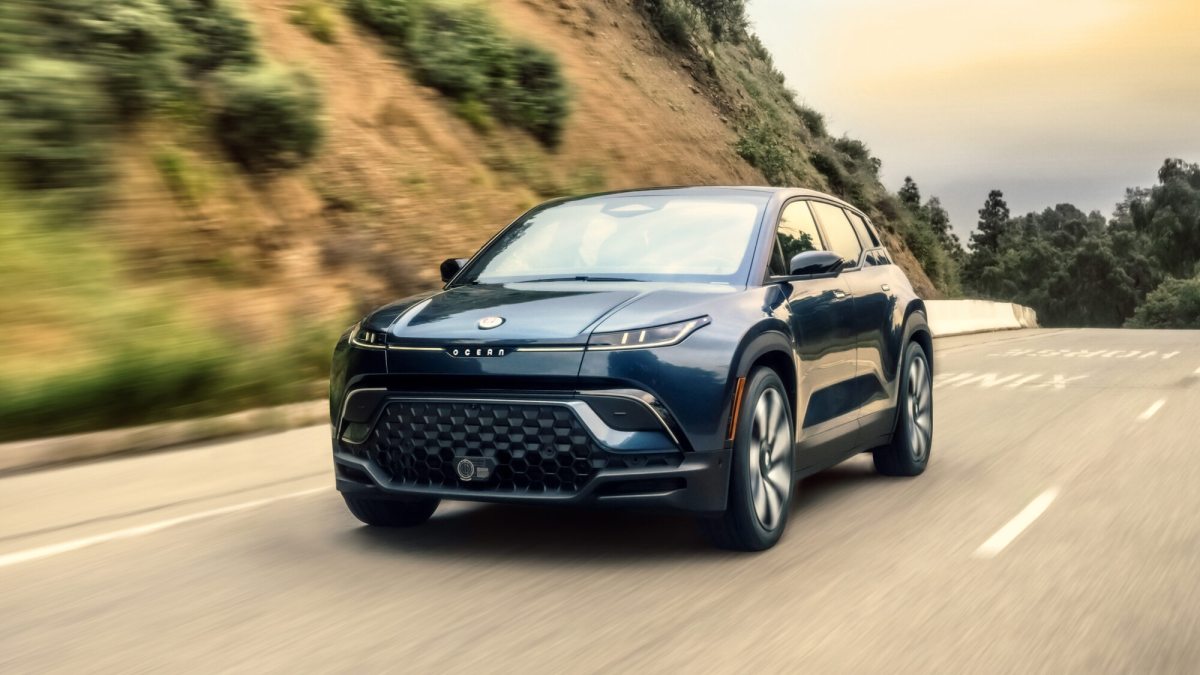US electric vehicle startup Fisker is planning to enter the Chinese market. The company has announced plans to establish its first regional delivery center in Shanghai, with deliveries scheduled to begin in early 2024, its China board member Daniel Foa told Chinese media outlet Yicai on Tuesday.
Why it matters: EV newcomer Fisker is trying to enter China at a time when some traditional global auto majors are struggling to maintain their market share in the country due to their slow transition to EVs. The move also highlights Fisker’s ambition to succeed in the world’s biggest auto market, following in the tracks of its US peer Tesla.
Details: Foa declined to comment on whether Fisker would deploy a direct sales model in China, as it has been doing in the US and Europe, or sell its vehicles through franchised dealers when interviewed by local media outlet Yicai.
- The report added that Fisker’s CEO Henrik Fisker held talks with Lingang Group during his recent visit to China earlier this month. Lingang Group is a state-owned industrial park developer that facilitated the establishment of Tesla’s Gigafactory Shanghai back in 2019 in the city’s Lingang New Area.
- Meanwhile, Fisker on June 9 revealed its plans to build a manufacturing plant in China with an annual capacity of 75,000 units as early as 2024.
- “We expect China to be an important growth market for EVs in the future and believe our vehicles will be very appealing,” said Fisker in a statement.
- China’s premium and affordable luxury segment is growing faster than general segments, Foa told investors on June 6, “This presents a vast opportunity for Fisker in China.”
Context: Fisker currently has two models on sale, the Ocean and the Pear crossovers, with starting prices of $37,499 and $29,900, respectively. It started making the Ocean sports utility vehicles with contract manufacturer Magna Steyr in Austria late last year and began delivery in Denmark in May, while rushing to hand the model over to US customers on Friday.
- Another US EV maker Lucid is also exploring a foray into China. The company hired Izzy Zhu, a former vice president at Nio and Baidu’s EV arm Jidu, to oversee its China business development. It has been recruiting for roles including supply chain and charging infrastructure management based in Shanghai since late last year.
- Chinese auto majors led by BYD are extending their lead over traditional foreign counterparts as a growing number of local customers favor EVs over gas-powered cars. Sales of FAW-Volkswagen and GAC-Toyota shrank 4.3% and 12.2% year-on-year in May, according to figures from the China Passenger Car Association.

